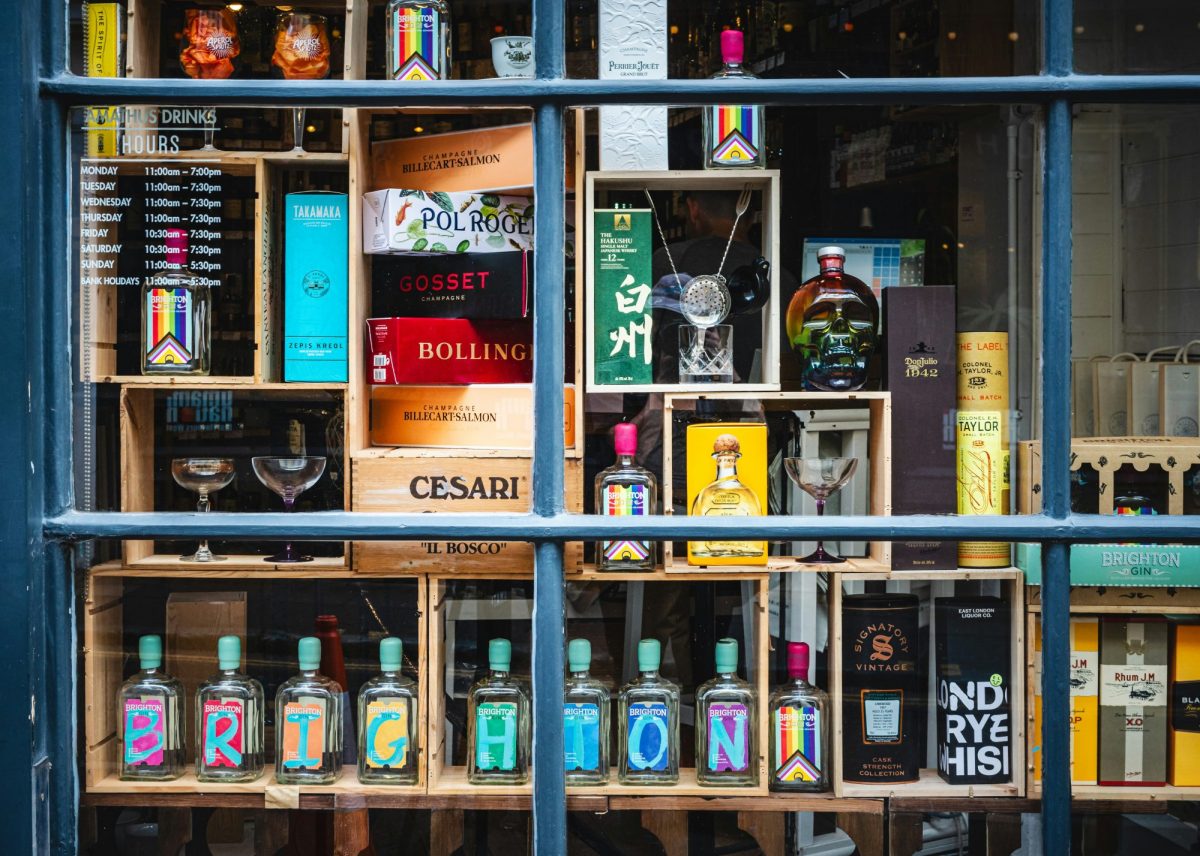Some studies suggest creative people are more prone to depression and anxiety. It stands to reason that artists and creative people may turn to addictive substances to help with mental disorders. A history of drug and alcohol addiction is undoubtedly rife among famous creatives, contributing to a romantic idea of the ‘tortured artist’.
But countless professionals now agree this mythology is deeply harmful. In her celebrated 2018 manifesto on creativity, best-selling author Elizabeth Gilbert warned against the most common ‘creative contract’ of suffering. “This is the contract that says, I shall destroy myself and everyone around me in an effort to bring forth my inspiration, and my martyrdom shall be the badge of my creative legitimacy.“
Indeed, all evidence suggests that a creative life with addiction disorders is entirely optional. Neuroscientist David Linden says research on addiction finds no clear link, although the picture is complicated.
“There is a link between addiction and things [that] are a prerequisite for creativity. You don’t become addicted because you feel pleasure strongly,” he told Scientific American. “On the contrary, addicts seem to want it more, but like it less. They feel pleasures more weakly and are more likely to try more to achieve more … so novelty-seeking might be a spur to creativity.”
Read: How creatives can stop drinking themselves to death
It is also easy to imagine artists who exist in high-dopamine states almost constantly (performing artists or musicians) who struggle to come down from the high of performing live and seek substances to ease the ebbs and flows of extreme brain states. Artists experience extreme stress, with irregular income, public scrutiny and intense emotional investment in their work.
Support for creatives suffering from addiction is becoming more normalised, thanks to several high-profile cases. Stephen King has been sober for over 30 years and says it’s allowed him to live a “more spiritual” and “more moral” life. It certainly hasn’t slowed down his creativity. King has published at least a novel a year for several decades.
A new wave of musical biopics also emphasises the importance of recovery, including Elton John’s Rocket Man or Robbie Williams’ Better Man. Actor and writer Dax Shepard openly shares the details of his recovery, relapse and management of his addiction on his smash hit podcast Armchair Expert.
Read: How a sober stint impacts your creativity
Far from being a glamorous path to creative enlightenment, there is more evidence to suggest addiction kills creativity by dulling an individual’s capacity to participate in life experiences. Addiction also impacts productivity, disrupting job performance and decreasing efficiency.
There are a range of free support services in the UK to help those who are struggling with addiction and other mental health concerns. You can find a comprehensive list here.





